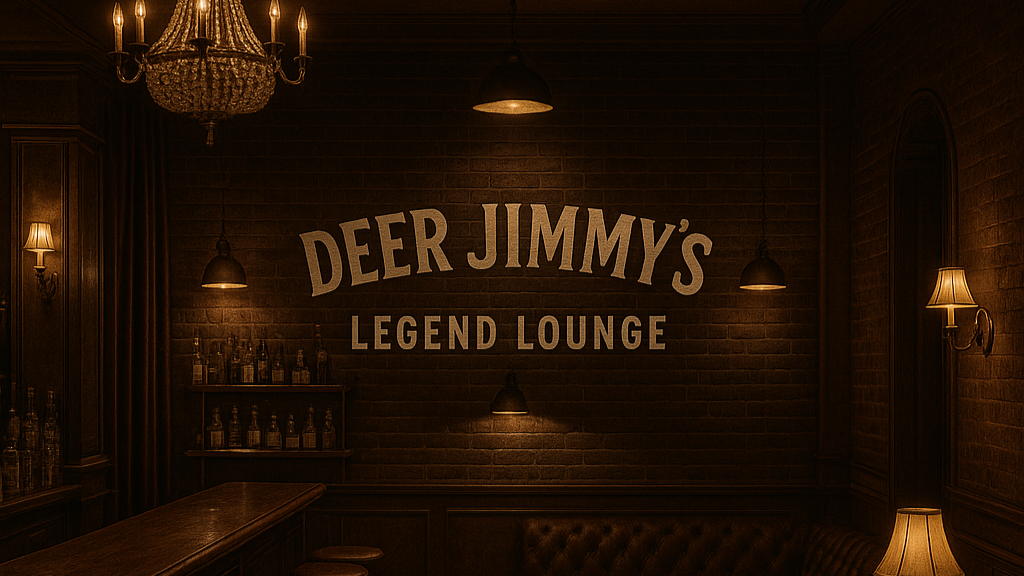Gin: From Apothecary to Cocktail Royalty
Born in the Name of Medicine
Gin didn’t start in a bar — it started in a pharmacy. Its roots trace back to 17th-century Holland, where it began as genever: a malted grain spirit infused with juniper and other botanicals, prescribed to treat ailments like kidney disorders and gout. Over time, the formula was refined, the grain bill lightened, and the idea spread. By the time it reached England, gin had transformed from herbal tonic to working-class staple — and from there, it was only a matter of time before it hit the big stage.
A Spirit of Adaptation
What makes gin different from other spirits is its openness. It doesn’t rely on aging or barrels. It’s defined by character — juniper first, then a parade of botanicals: citrus, spice, flowers, roots. This made gin endlessly adaptable, easy to produce, and perfect for mixing. From dry martinis to gin and tonics, it could be bright, bitter, refreshing or sharp. It became the darling of the cocktail world, not because it stayed the same — but because it never stopped evolving.
The Revival of Barrel-Aged Gin
For centuries, gin was served fresh. Then came the craft revolution — and with it, the rediscovery of oak. Barrel-aged gin, once a footnote in history, returned as a bold experiment. And it worked. The wood softened the botanicals. It added warmth, spice, even sweetness. Suddenly, gin wasn’t just sharp and clean — it was deep, round and complex. Perfect for sipping. Perfect for Deer Jimmy’s®.
DIY Aging Unlocks a New Side
When you age gin at home on rum, cognac or brandy chips, the transformation is striking. Juniper melts into wood. Citrus evolves into marmalade. Coriander becomes warmth. What started as something bright becomes something brooding. You don’t lose the gin — you mature it. You give it a backbone.
A Spirit That Earned Its Crown
Gin’s rise to cocktail royalty wasn’t luck. It was built on versatility, character, and resilience. And when you take that legacy and add your own layer of craft — aging it yourself, on your terms — you step into that story. You’re not just making gin. You’re continuing its reign.









